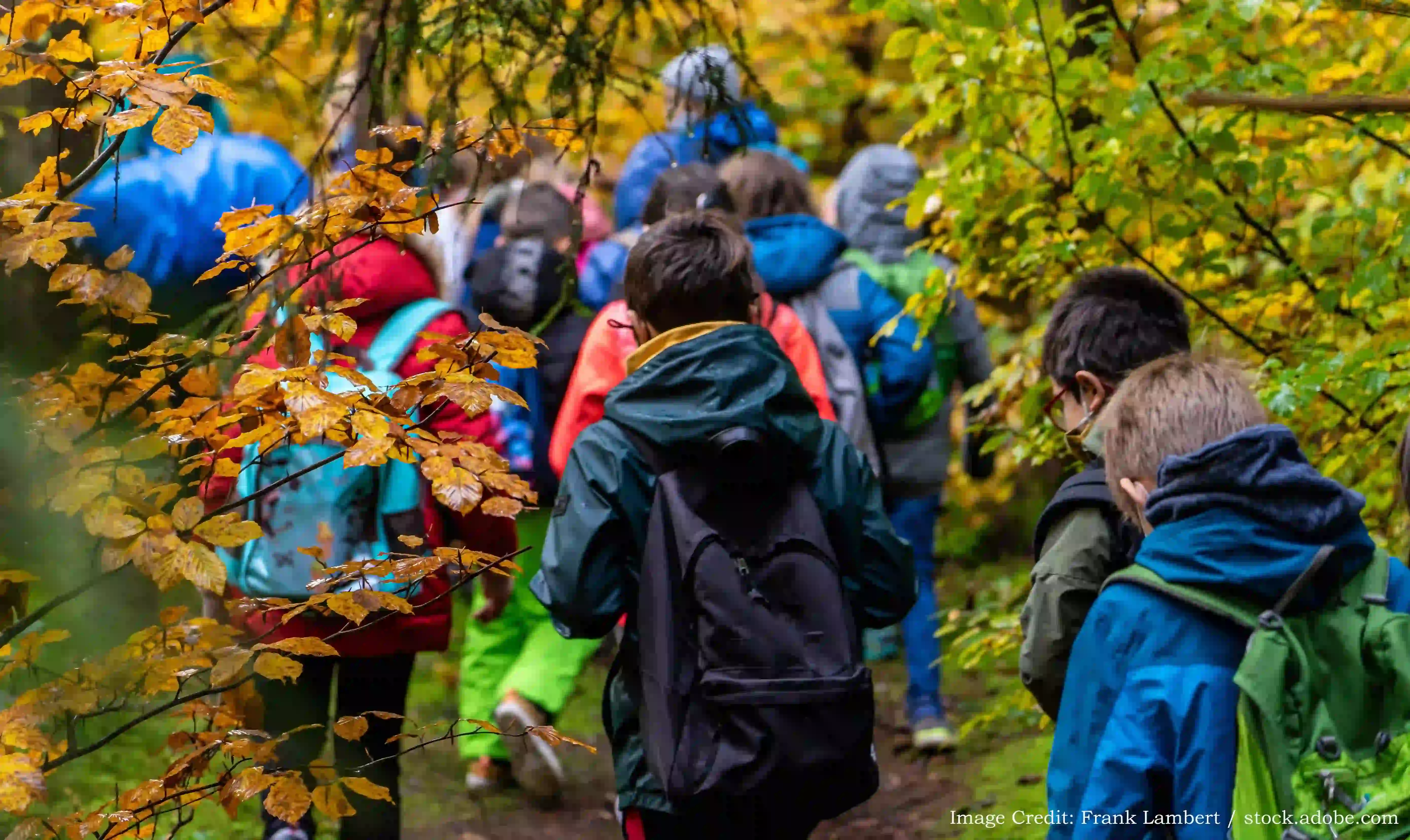Student supervision: seeing their other side
Making the most of supervision duties
Duties and any form of supervision can be perceived as an opportunity to get to know your students or fellow colleagues in a different context or just more work! Either way, here are some tips to help schools and teachers get the most out of duties.
Why do we have supervision duties? Reiterate this whenever you issue schedules or discuss the standard expected at duties. Duty supervisions are a fundamental part of our safeguarding duties as school members. It may be that specific duties have specific functions. Let’s start with an example.
Breaktime duties
The breaktime duty during summer may be more about looking out 'that' students are keeping hydrated or have applied suncream or put on a hat than just about stopping squabbles.
The breaktime duty in the canteen can be more focused on ensuring you facilitate the queues and track, monitor or model appropriate behaviour towards support staff.
Where and who?
School premises should be zoned regarding duties. Some areas are more high traffic at specific times so need greater supervision. Others are ‘quiet’ but are potentially unsafe or ‘out of bound’ zones, so they need fewer but appropriate staff members. For example, the bike shed is usually not frequented until before and after school, but when it is, it is usually a haven of unwanted behaviour.
Give staff members some agency here as well. Perhaps they know a spot better than others or a specific area or time slot is more suited to them. For example, I love morning duties, but I have worked with many colleagues who start the day so grumpy they are not ready to go until they’ve had their morning coffee.
Who else?
Involve a range of stakeholders, not only teachers and teaching assistants need to do duties. The more, the merrier, even if they are just in a supporting role, extend the range of supervisors, if they have had the necessary safeguarding checks and basic training.
Often, students will not report to an individual if they are unfamiliar with them so always have familiar faces close-by. Consider involving student volunteers. Prefects or school council representatives are particularly effective in these roles.
Students respect their peers and older ones can be positive role models if well-chosen. They are also more likely to spot certain types of concerns or misbehaviours as they are in the same/similar life stage.
Consult
Before you draft your rota, ask for suggestions. How did the rota work last year? Any successes or areas of concern? Are there any preferences? Often, a little thing like scheduling a teacher on the same duty at the same time for a few days as opposed to a variety of duties will result in optimal duty attendance. Share the proposed duty rota before you issue. Invite constructive and valid feedback.
For example, a teacher who is moving between sites when they are scheduled for duty with a load of books will not be able to attend their duty punctually or be duly present. As part of the consultation process, make sure there has been consideration for teacher loads and preferences.
Ask the students too! What do they want to see more of/less of on duties? Students may make suggestions about games or competitions that will not only make for great learning opportunities but also have leadership potential. Also, they may be able to offer direction on some of the problem areas commonly missed by adults.
Monitor and track
Once the duty is operational, have duty wardens that review all areas for support or just to confirm that staff are on duty and engaging with students. This includes being ready to address inappropriate engagements. Ask staff for feedback.
Do they need more staff in a particular area? Make your rota ‘live’ and respond as appropriate. Consider changing it termly if that would work for your school.

What else to look out for
As much as duties can be used to forge stronger relationships as students play or just relax, it should not be that teachers get so caught up in conversations with a student, a group of students or a colleague that they forget the why of the duty.
Other reasons for duties include developing relationships with students. Just like when we see how different students can behave from one subject to another or a trip as opposed to the class, duties are a new context to get to know them.
It may be the best way to make observation of student conduct, so staff should be encouraged to report duty issues as proactively as they do class issues.
Duties with a difference
Wind back the clock… and make your duty times screen free for teachers and students. The research on the impact of screen time is diverse, but no one would argue that the ability to socialize with peers without the reliance on screens is a valuable skill. Teachers should also minimise access to screens as they too would not be harmed by limited access to screen during duties.
Wind forward the clock… despite changes in classrooms, very little has changed about break-times and duties. You may think if it’s not broken, don’t fix it. But what could you like to do differently with duties to revolutionize them in the future? Yoga sessions come to mind. Get creative!